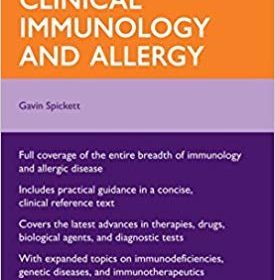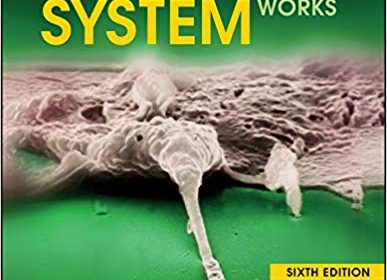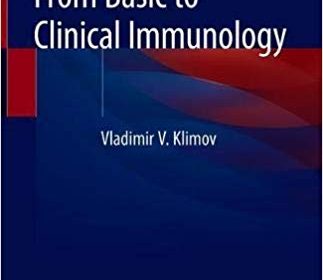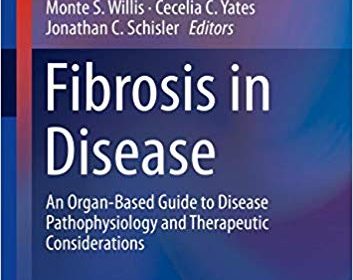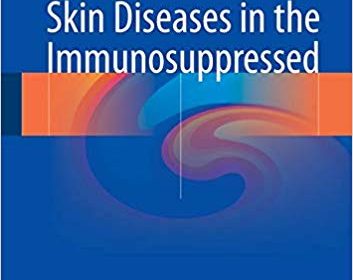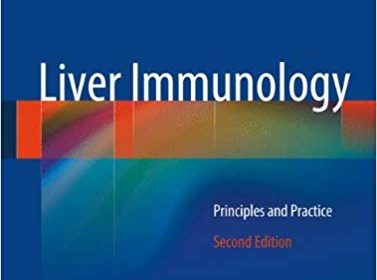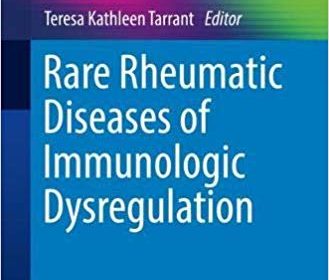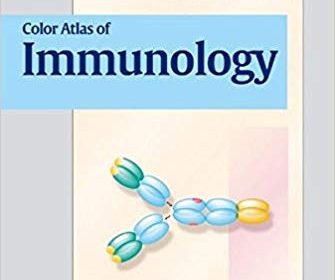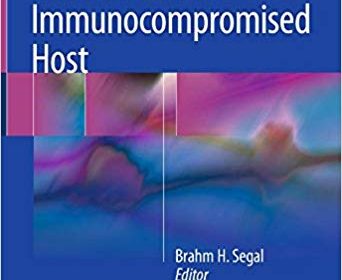Clinical Immunology: Principles and Practice 5th Edition
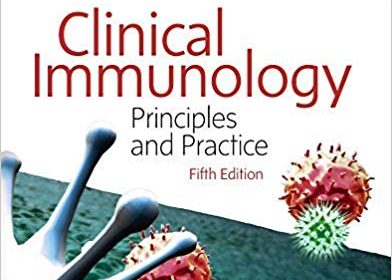
[amazon_link asins=’0702068969′ template=’ProductAd’ store=’aishabano-20′ marketplace=’US’ link_id=’3df10225-db58-4ef2-9d12-a9066b0e28f2′]
Keep abreast of the latest advances in this complex field with the 5th Edition of Clinical Immunology: Principles and Practice. This substantially revised edition by Drs. Robert R. Rich, Thomas A. Fleisher, William T. Shearer, Harry W. Schroeder, Jr., Anthony J. Frew, and Cornelia M. Weyand, offers authoritative guidance from some of the most respected global leaders in immunology, helping you navigate today’s latest knowledge and evidence-based practices that result in improved patient care. This trusted resource features sweeping content updates, rewritten chapters, a highly clinical perspective, and an easy-to-use organizationdesigned to enhance your diagnosis and management skills in daily practice.
User-friendly format features color-coded boxes highlighting critical information on Key Concepts, Clinical Pearls, Clinical Relevance, and Therapeutic Principles.
-
- Includes new chapters on the Microbiota in Immunity and Inflammation, Immune Responses to Fungi, and Genetics and Genomics of Immune Response.
- Features extensive revisions to many chapters, including the Major Histocompatibility Complex, Multiple Sclerosis, Diabetes and Related Autoimmune Diseases, Biologic Modifiers of Inflammation and Tumor Immunotherapy.
-
- Covers hot topics such as the role of genetics and genomics in immune response and immunologic disease, atherosclerosis, recurrent fever syndromes, aging and deficiencies of innate immunity, the role of microbiota in normal immune system development and the pathogenesis of immunologic and inflammatory diseases, and novel therapeutics.
-
- Addresses notable advances in key areas such as the importance of the microbiota to normal immune system development and to the pathogenesis of immunologic and inflammatory diseases; relationships between the innate and adaptive immune systems; progress in rapid and cost-effective genomics; cell signaling pathways and the structure of cell-surface molecules; and many more.
-
- Summarizes promising research and development anticipated over the next 5-10 years with “On the Horizon” boxes and discussion of translational research.
- Includes new multiple choice questions in every chapter online, ideal for allergists and rheumatologists seeking certification or recertification in these subspecialties.
- Expert Consult™ eBook version included with purchase. This enhanced eBook experience allows you to search all of the text, figures, and references from the book on a variety of devices.

